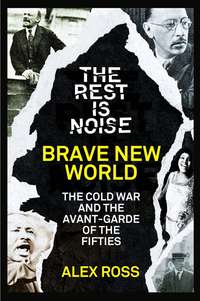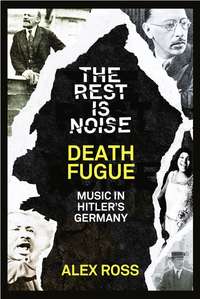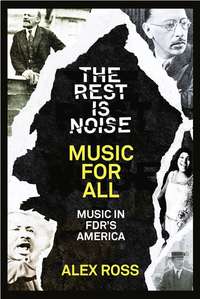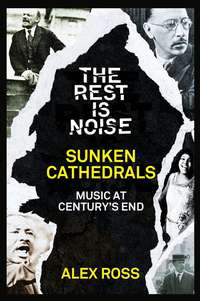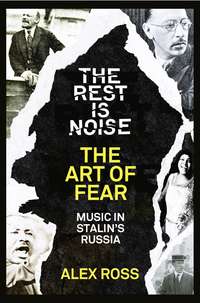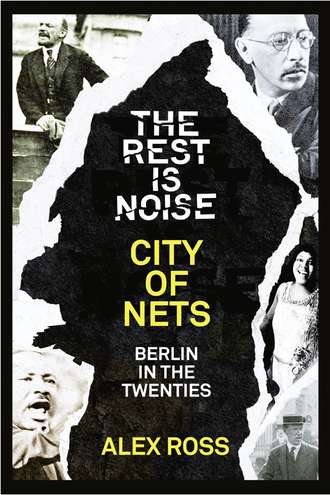
Полная версия
The Rest Is Noise Series: City of Nets: Berlin in the Twenties
Perhaps the most effective lesson that Busoni imparted to Weill was a single sentence: “Do not be afraid of banality.” For a young German who had been raised to think that “banality” included almost everything Italian and French, this advice had an enlightening effect. Busoni showed how the great operas of Mozart and Verdi interwove naive tunes and sophisticated designs. He talked about the Schlagwort, the “hit word” or catchword, which can sum up in one instant an intricate theatrical situation—for example, the scalding cry of “Maledizione!” (“The curse!”) in Verdi’s Rigoletto. In a 1928 essay, “On the Gestic Character of Music,” Weill elaborated the related idea of Gestus, or musical gesture. The literary critic Daniel Albright defines Gestus as the dramatic turning point “in which pantomime, speech, and music cooperate toward a pure flash of meaning.” Bertolt Brecht, Weill’s principal literary collaborator, would give the concept of Gestus a political cast, describing it as a revolutionary transfer of energy from author to audience. For Weill, though, it always had a more practical meaning, one to which politics might or might not be attached.
Конец ознакомительного фрагмента.
Текст предоставлен ООО «ЛитРес».
Прочитайте эту книгу целиком, купив полную легальную версию на ЛитРес.
Безопасно оплатить книгу можно банковской картой Visa, MasterCard, Maestro, со счета мобильного телефона, с платежного терминала, в салоне МТС или Связной, через PayPal, WebMoney, Яндекс.Деньги, QIWI Кошелек, бонусными картами или другим удобным Вам способом.




